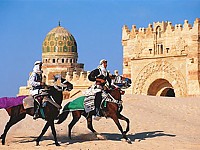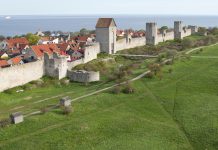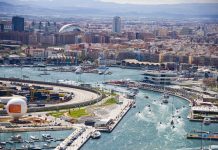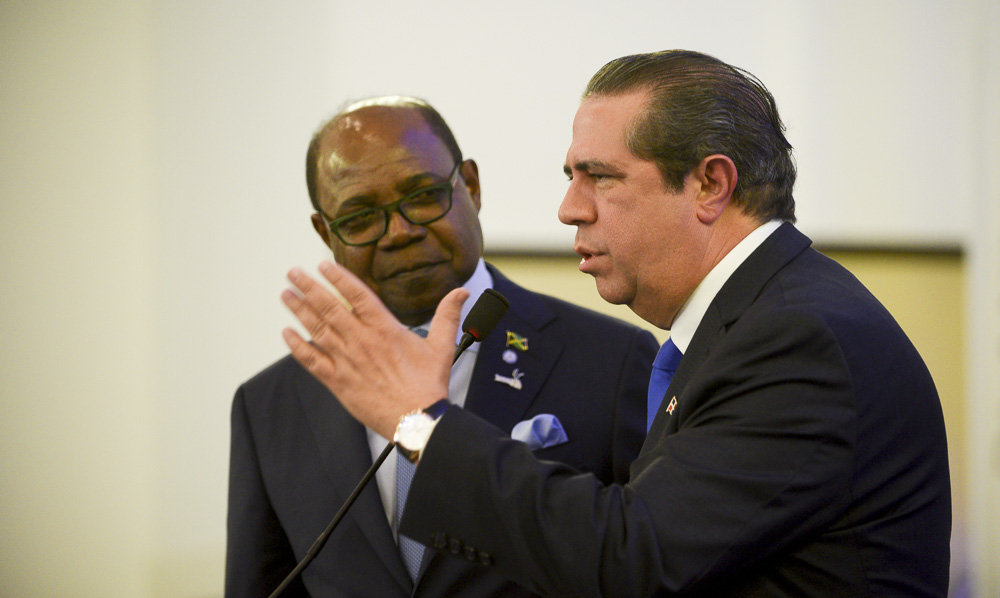This post may contain affiliate links. We may earn money or products from the highlighted keywords or companies or banners mentioned in this post.

Tunisia’s tourism industry is still reeling from the aftershocks of a massacre in Sousse city last month, which saw 38 European tourists shot dead. The massacre was a major blow to the industry, which was already suffering following another terror attack on Bardo Museum, in Tunis, which killed 22 people.
Sousse massacre however seems to have had the biggest impact on the industry, as the tourism sector is almost grinding to a standstill. Sousse, which is one of the country’s tourist destinations, is already experiencing a significant drop in the number of tourists. The situation is similar in other places around the country, with tourism officials reporting approximately 70% drop in the number of European tourists visiting the country
Since the attack, businesses in Sousse have been closing at a high rate and several of employees have lost their jobs. This has negatively affected tourism in the seaside city, which is a major pillar to the country’s tourism sector. At least 23 hotels have been closed since the attack on the Bardo museum, which has led to the loss of employment for nearly 2,400 employees in the tourism sector.
Hotel owners who are still in business and employees who have their jobs are not having easy time either. Most have outstanding bills for rent and utilities. This has forced the government to chip in an attempt to soften the blow. The government is already providing temporary allowances to hotel employees with permanent contracts, while hotel owners have received an extension on electricity, gas and water.
As a result of the attack, Tunisia’s tourism sector is expected to report a loss of income amounting to approximately $348 million. This will be a huge blow to the country’s economy, which largely depends on tourism. In Tunisia, approximately 400,000 people work in the tourism sector, and nearly 2 million citizens depend on the industry directly. Several other people also earn from the industry indirectly by supplying various products and services to hotels and restaurants.
The loss of income will be a huge economic blow to the country, which was already experiencing inflation. In 2014, 14% of the GDP came from the tourism sector. This year, the country GDP is expected to hit an all-time low since the Arab Uprising in 2011 that saw the removal from power of Zine El Abidine Ali.
People are still critical of the authorities for failing to prevent the Sousse massacre and failing to respond in time. However, the government has taken major steps in a bid to increase security. The police force has already been supplied with equipment such as patrol vehicles, protective equipment and better weapons. Patrols have also been increased to ensure that a similar incident does not occur again.
With the improved security, the government hopes that they can restore the faith of the international community in the country’s tourism sector. Already, the government has been promoting the country’s tourism to upcoming markets such as China and India. Officials are also lobbying the western governments to revoke their travel warnings. In addition, Tunisians are being encouraged to promote the industry themselves by increasing local tourism.










